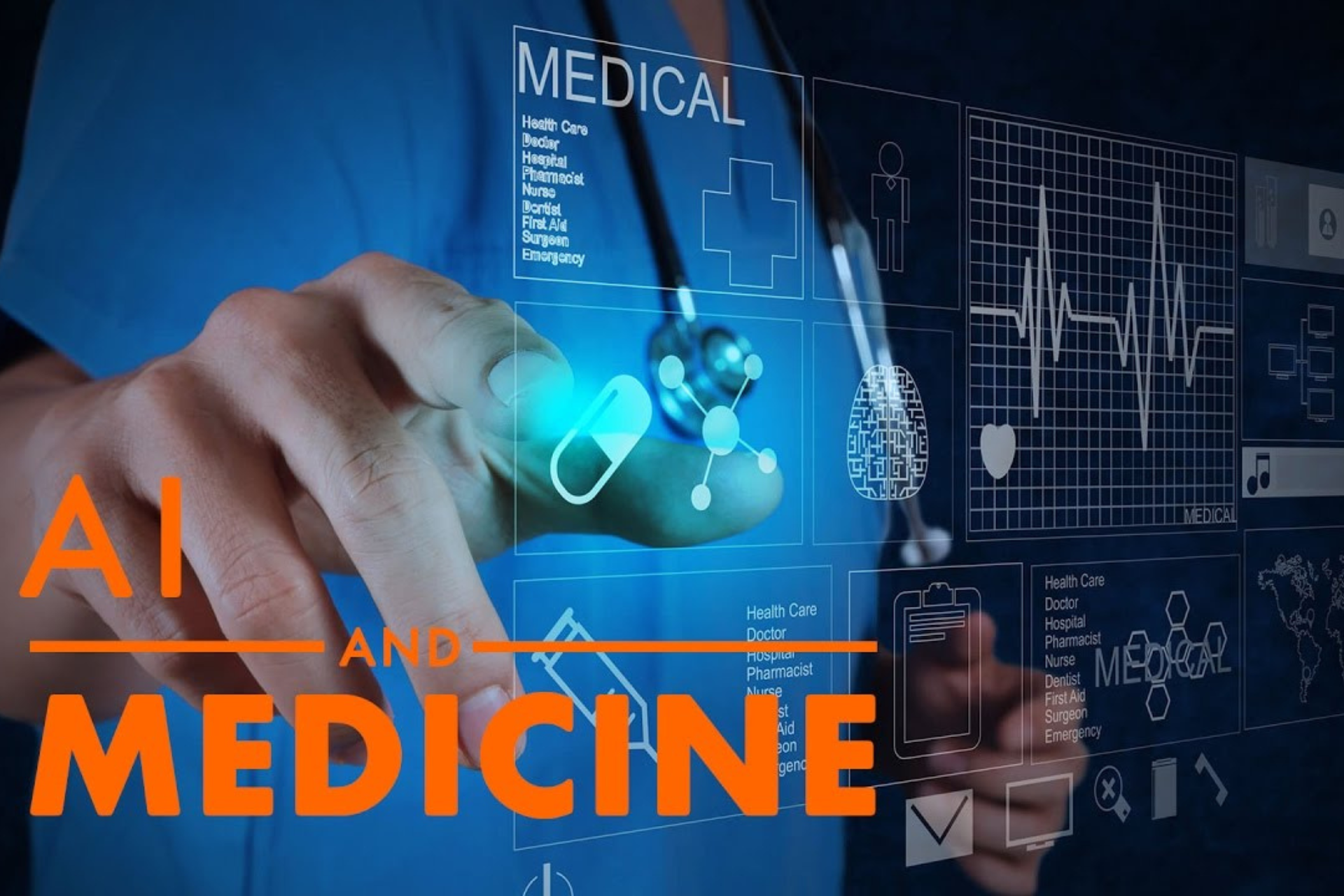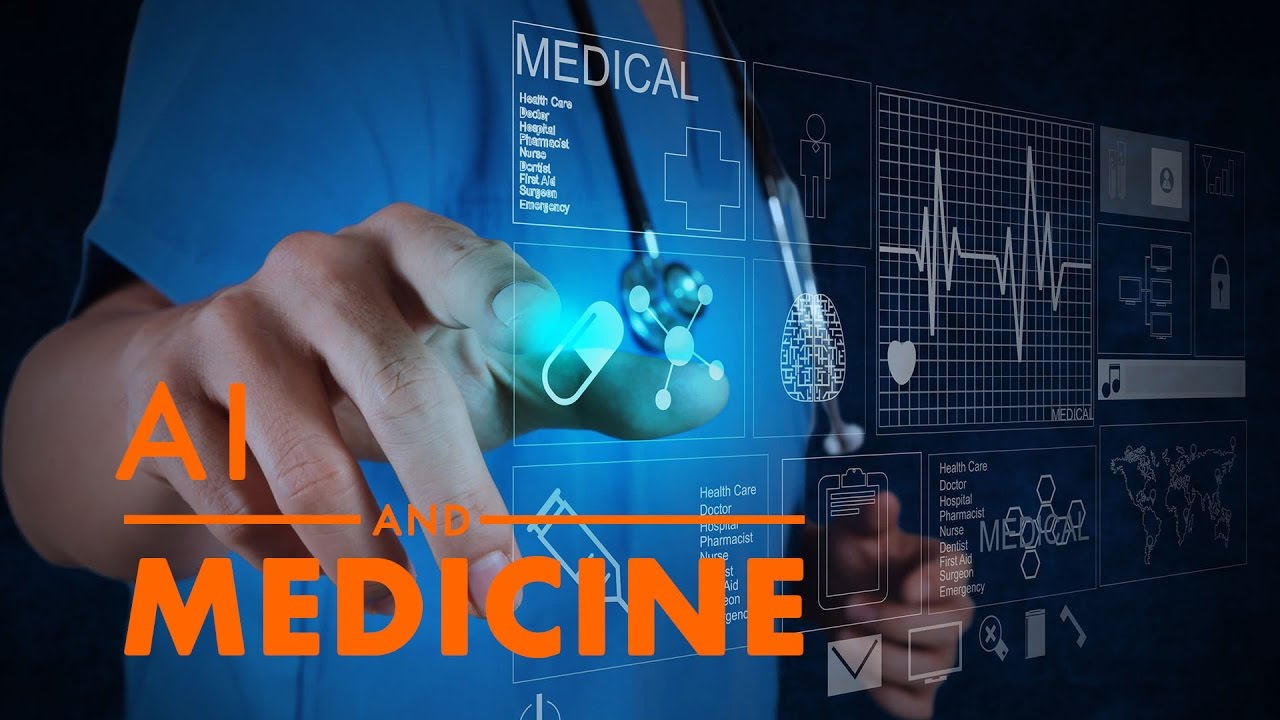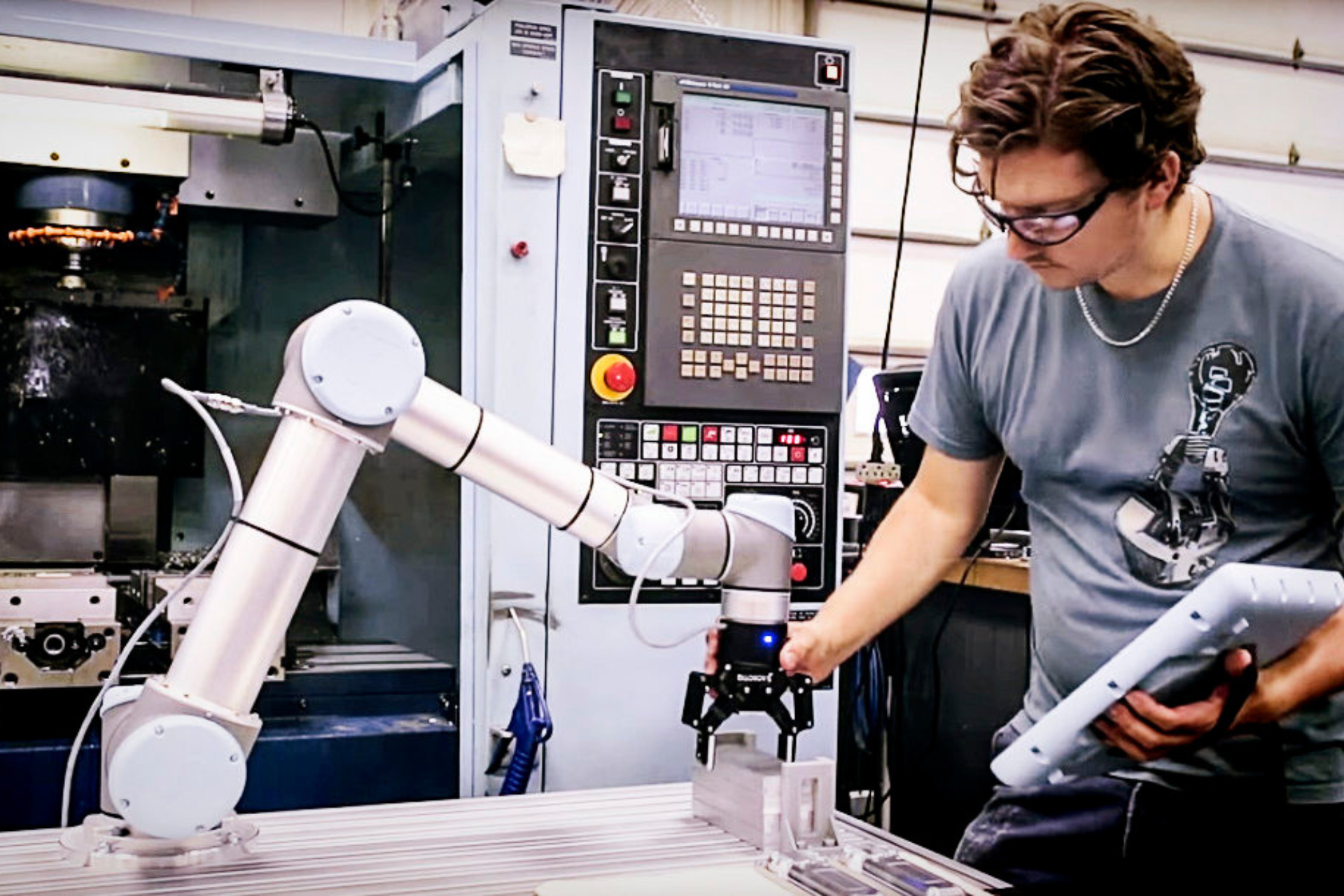AI: Revolutionizing Healthcare with Personalized Medicine and Treatment
- Home
- Case Study
- AI: Revolutionizing Healthcare with Personalized Medicine and Treatment

The healthcare landscape is undergoing a dramatic transformation. Artificial intelligence (AI), specifically machine learning and deep learning, is emerging as a powerful tool for personalized medicine and treatment. This shift from a one-size-fits-all approach to healthcare towards a more individual-centric model holds immense promise for improving patient outcomes and revolutionizing the way we treat diseases.
Understanding Personalized Medicine
Traditional medicine often relies on standardized protocols and treatments. Personalized medicine, however, takes a more nuanced approach. It considers a patient's unique genetic makeup, medical history, lifestyle factors, and environmental exposures to tailor treatment plans and preventative measures.
How AI Empowers Personalized Medicine
AI excels at analyzing vast amounts of complex data. In healthcare, this translates to several key functionalities:
Genetic Analysis: AI can analyze a patient's DNA to identify genetic predispositions to certain diseases. This allows for early detection and preventative measures, or personalized treatment strategies for existing conditions.
Predictive Modeling: AI algorithms can analyze a patient's medical history and lifestyle factors to predict their risk of developing specific diseases. This allows for proactive interventions and preventative measures.
Drug Discovery and Optimization: AI can analyze vast datasets of patient information and drug interactions to identify potential new medications or optimize existing ones for individual patients. This can lead to more effective treatments with fewer side effects.
Image Recognition and Analysis: Deep learning can analyze medical images like X-rays, MRIs, and CT scans with exceptional accuracy. This allows for earlier and more precise diagnoses, enabling personalized treatment plans based on the specific characteristics of a patient's disease.
Benefits of AI-powered Personalized Medicine
Improved Treatment Outcomes: By tailoring treatments to individual needs, AI can lead to more effective therapies and improved patient outcomes.
Reduced Side Effects: Personalized medicine can minimize the risk of adverse reactions to medications, leading to a safer treatment experience for patients.
Early Disease Detection: AI can identify potential health issues earlier, allowing for preventative measures and interventions before symptoms arise.
Proactive Healthcare: Personalized medicine empowers patients to take a more active role in their health by providing them with insights into their individual risk factors and preventative measures they can take.
Challenges and Considerations
Data Privacy and Security: Utilizing personal health information requires robust data security measures to ensure patient privacy.
Algorithmic Bias: AI algorithms are only as good as the data they are trained on. Addressing potential biases in training data is crucial to ensure fair and equitable healthcare for all.
Accessibility and Equity: Ensuring everyone has access to AI-powered healthcare solutions is important to avoid widening healthcare disparities.
The Future of AI in Personalized Medicine
The future of AI in personalized medicine is brimming with possibilities. We can expect to see:
Integration with Wearable Devices: AI can analyze data collected from wearable devices like fitness trackers and smartwatches to provide real-time insights into a patient's health and well-being.
AI-powered Chatbots: AI chatbots can offer patients personalized health information, answer questions, and even provide basic health screenings.
Mental Health Applications: AI can be used to analyze language patterns and facial expressions to identify potential mental health issues and provide personalized support.
Conclusion
AI is not a replacement for human healthcare professionals. Rather, it is a powerful tool that can augment their expertise and decision-making. By leveraging the power of AI, we can usher in a new era of personalized medicine, empowering individuals to take charge of their health and paving the way for a future of improved patient outcomes and a healthier population.







